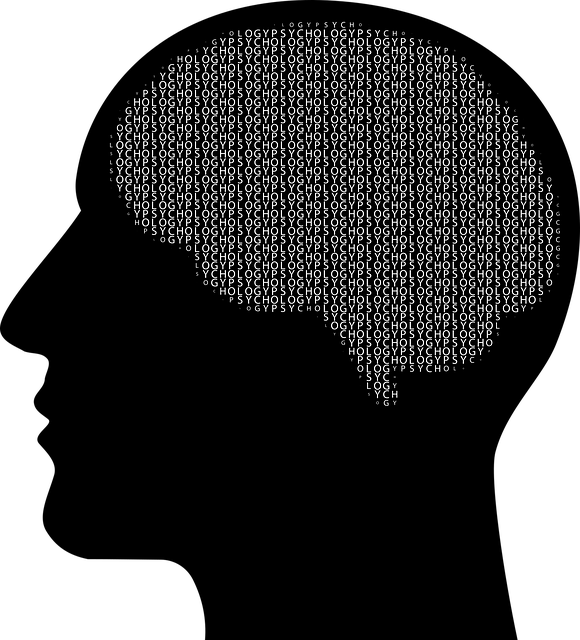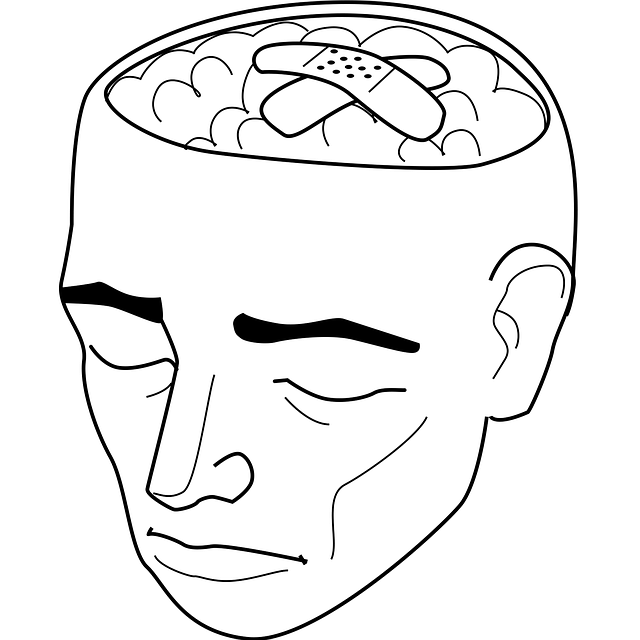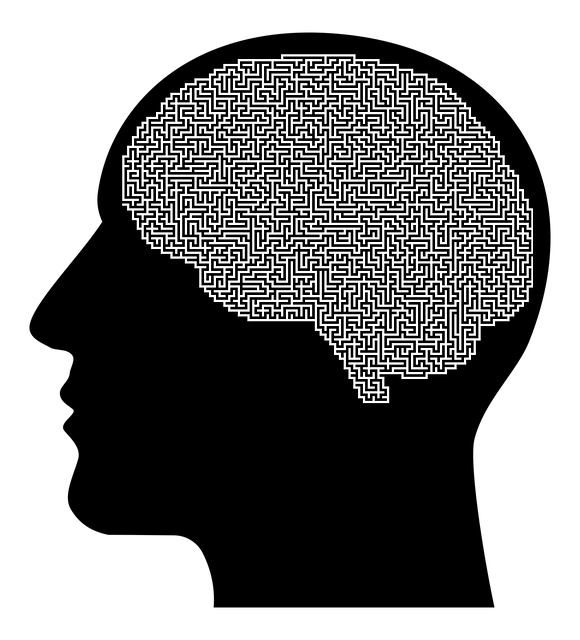Ecotherapy, a holistic approach integrating nature-based activities into mental health treatments, significantly improves stress, anxiety, and depression. This ancient practice, evolving through modern techniques like forest bathing and gardening therapy, offers calming outdoor experiences that enhance mood regulation, reduce PTSD symptoms, and foster emotional well-being. Beyond individual benefits, ecotherapy promotes environmental stewardship and sustainable living practices. Overcoming accessibility barriers is crucial for making these nature-based therapies available to all. The increasing evidence base supports the integration of ecotherapy into mainstream mental health services, offering innovative treatments that complement traditional psychotherapy for conditions like anxiety, depression, and stress-related disorders.
“Unwind your mind, reconnect with nature – this is the essence of ecotherapy, a holistic approach to mental health that leverages the therapeutic power of the natural world. This article explores nature-based therapies, their historical roots and modern applications, shedding light on how spending time outdoors can benefit psychotherapy.
From understanding ecotherapy’s core principles to uncovering practical techniques in outdoor settings, we delve into its accessibility and future integration within mainstream mental health services.”
Understanding Ecotherapy: A Holistic Approach to Mental Health

Ecotherapy, or nature-based psychotherapy, is a holistic approach to mental health that leverages the healing power of natural environments. It recognizes the profound impact that spending time in nature can have on our emotional and psychological well-being. By integrating outdoor experiences into therapy sessions, ecotherapy offers a unique and effective way to address various mental health concerns, such as stress, anxiety, and depression.
This therapeutic method encourages individuals to connect with their surroundings, fostering a sense of grounding and tranquility. Whether it’s a walk in the woods, gardening, or simply sitting by a body of water, these activities can help regulate mood, reduce symptoms of PTSD, and enhance overall resilience. The benefits extend beyond the individual, as ecotherapy also promotes a deeper appreciation for nature, encouraging sustainable living practices and contributing to the preservation of our environment.
Nature-Based Therapies: Historical Perspective and Modern Applications

Nature-based therapies have a rich historical perspective, dating back centuries, where various cultures utilised the natural environment for healing purposes. From traditional indigenous practices to ancient philosophies, humans have always recognised the therapeutic benefits of being in nature. In modern times, this connection with nature has been re-emerging and evolving into what we now know as ecotherapy or nature-based psychotherapy. This approach leverages the power of the outdoors to support mental health and complement traditional psychotherapy methods.
Today, nature-based therapies are integrated into various forms of mental health treatment. Activities such as forest bathing, gardening therapy, outdoor adventure therapy, and nature walks are being utilised in clinical settings to enhance the therapeutic process. These activities encourage individuals to immerse themselves in natural surroundings, fostering a sense of calm, reducing stress, and improving overall well-being. By combining the healing properties of nature with evidence-based psychotherapy techniques, modern applications of ecotherapy offer innovative and effective solutions for those seeking support for their mental health.
Benefits of Spending Time in Nature for Psychotherapy

Spending time in nature has been shown to have profound benefits for mental health and psychotherapy. The natural environment offers a calming and restorative setting, which can significantly reduce stress and anxiety levels. Studies have demonstrated that engaging with green spaces, such as parks or forests, can lower blood pressure, improve mood, and enhance overall well-being. This connection between nature and mental wellness is increasingly recognized by therapists who incorporate nature-based approaches into their practice.
In the context of psychotherapy, being outdoors allows individuals to disconnect from technology and daily routines, fostering a sense of tranquility and mindfulness. Activities like hiking, gardening, or simply sitting in natural settings encourage presence in the moment, promoting self-reflection and emotional processing. The beauty and serenity of nature can create a safe and supportive atmosphere, facilitating open communication and helping individuals explore their thoughts and feelings in a new perspective.
Therapeutic Activities in Outdoor Settings: Techniques and Practices

Therapeutic activities in outdoor settings, often referred to as ecotherapy or nature-based practices, offer a unique and effective approach to mental health psychotherapy. These activities involve engaging with the natural environment, such as walking in forests, gardening, or participating in wilderness retreats, all of which have been shown to significantly improve emotional well-being and reduce symptoms of stress, anxiety, and depression. By immersing oneself in nature, individuals can experience a sense of tranquility and perspective that often eludes them in indoor environments.
Various techniques are employed during these outdoor therapeutic sessions. Mindful walking, for instance, encourages participants to focus on their senses as they navigate their surroundings, fostering present-moment awareness. Group activities like community gardening promote social interaction and a sense of belonging. Additionally, nature-based art therapy allows individuals to express themselves creatively using natural materials. These practices not only enhance mental health but also cultivate a deeper connection with the environment, promoting sustainability and overall well-being.
Overcoming Barriers: Making Ecotherapy Accessible to All

Overcoming barriers is essential to ensure that ecotherapy and nature-based approaches are accessible to all, regardless of their background or current state of mental health. One significant challenge lies in addressing urban populations with limited access to green spaces. This can be overcome through creative initiatives such as city farming, community gardens, and urban parks. These spaces not only provide an opportunity for individuals to connect with nature but also offer a sense of ownership and community engagement.
Additionally, integrating ecotherapy into mainstream mental health psychotherapy practices is crucial. Healthcare providers should receive training in nature-based interventions to better serve their patients. By incorporating elements of ecotherapy into traditional therapy sessions, mental health professionals can provide more holistic care, enhancing the overall well-being of their clients.
Future Prospects: Integrating Ecotherapy into Mainstream Mental Health Services

As we move forward, there is a growing recognition of the potential for integrating ecotherapy and nature-based approaches into mainstream mental health services. This shift is driven by mounting evidence highlighting the positive impact of connecting with nature on mental well-being. By incorporating activities such as forest bathing, gardening therapy, and outdoor mindfulness practices, healthcare providers can offer innovative treatment options that complement traditional psychotherapy. Such integration has the promise to enhance therapeutic outcomes, particularly for conditions like anxiety, depression, and stress-related disorders.
Looking ahead, the future of ecotherapy in mental health lies in its widespread adoption and tailored application. With further research, we can better understand which nature-based interventions are most effective for different mental health issues. This will enable healthcare professionals to integrate these practices seamlessly into treatment plans, alongside conventional psychotherapy methods. By embracing a holistic approach that values the healing power of nature, we have the opportunity to transform mental healthcare, making it more accessible, diverse, and ultimately, more beneficial for all those seeking support.
